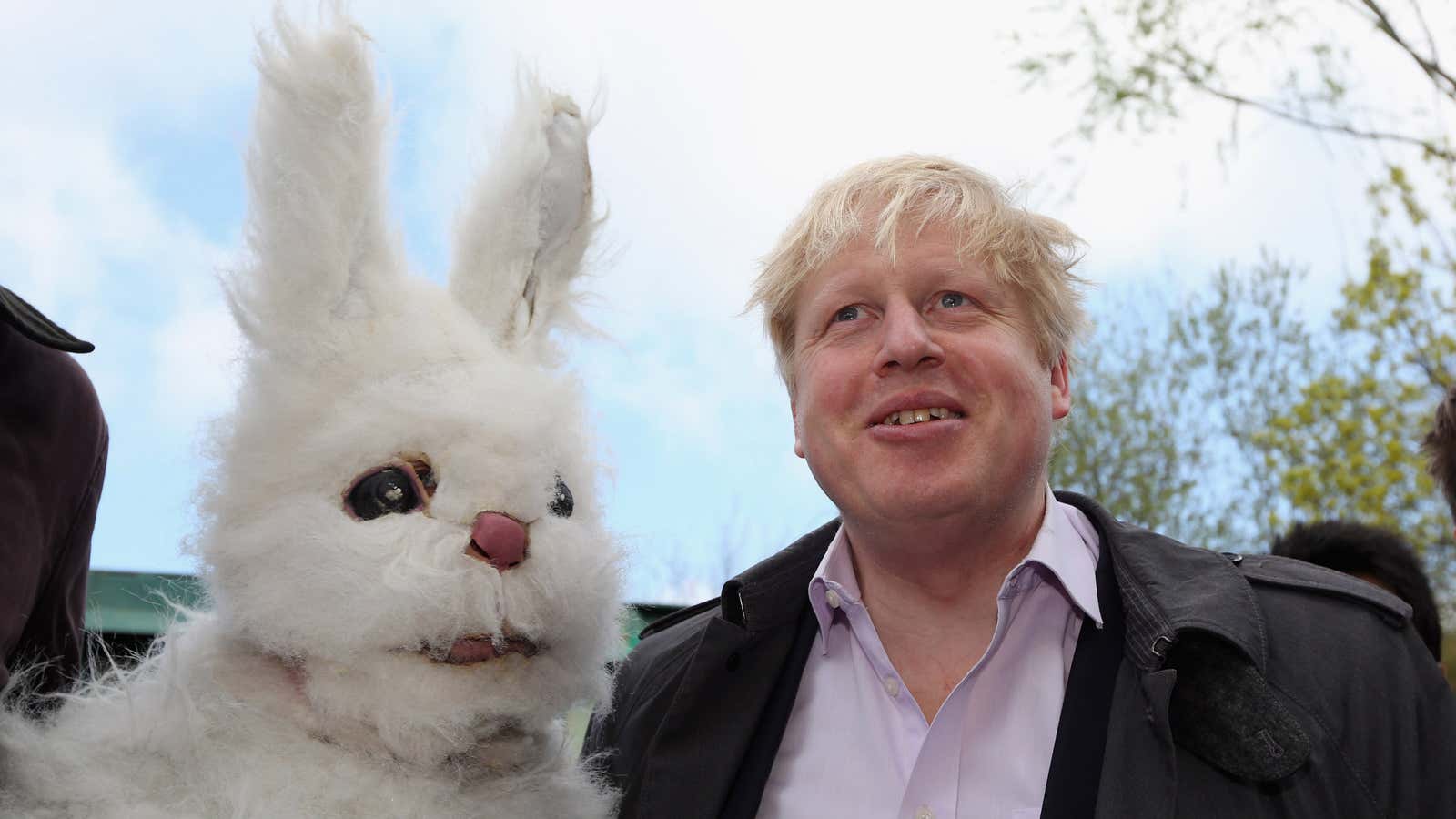Toronto mayor Rob Ford may be smoking crack. Disgraced congressman Anthony Weiner just launched a bid to run for New York City mayor. London mayor Boris Johnson has a secret lovechild. Osaka mayor Toru Hashimoto raised ire when he defended the use of wartime sex slaves. Mayoral antics are getting better than reality television.
But there’s another reason that everyone’s watching their every move.
Mayors are no longer relegated to city governance and local politics. As Parag Khanna has argued for Quartz, cities are now driving globalization:
From climate change to economic growth to counter-terrorism, cities and city leaders are demonstrating their growing assertiveness as autonomous diplomatic units. The more international borders to migration diminish, the more the identity of a city—and identification with the city—will come to matter vis-à-vis national identity and citizenship.
There’s a case to be made that they deserve increased power. In New York, mayor Michael Bloomberg took it upon himself to push a policy change that allowed him to serve a third term.
By 2030, more than 5 billion people will live in the world’s cities. Cities have long served as centers for innovation, hubs of education, cultural bastions and incubators for policy change.
Bruce Katz of the Brookings Institution makes the case that global mayors deserve more power in a 2011 Q&A with Spiegel:
At a time when the United States has become deeply polarized across partisan and ideological lines, mayors are at the cutting edge of leadership and policy innovation. Michael Bloomberg, the self-made billionaire and mayor of New York, is a good example. His leadership on sustainability, transportation and housing comes at a time when our federal government is absent and adrift. Modern mayors see themselves as managers of large corporations. They have to provide a vision. They are very pragmatic. As the mayor of Chicago always says: There is no Republican or Democratic way of picking up the garbage.
As in Boston after the marathon bombings or New York City after hurricane Sandy, mayors’ decisions and remarks have implications for national and even international policy. City politics is not necessarily a step in advancing toward great power (only four mayors have become US presidents), and in many countries like Australia, mayors simply act as figureheads. But if mayors want to be taken seriously on the global stage, they’ll certainly need to clean up their act.
